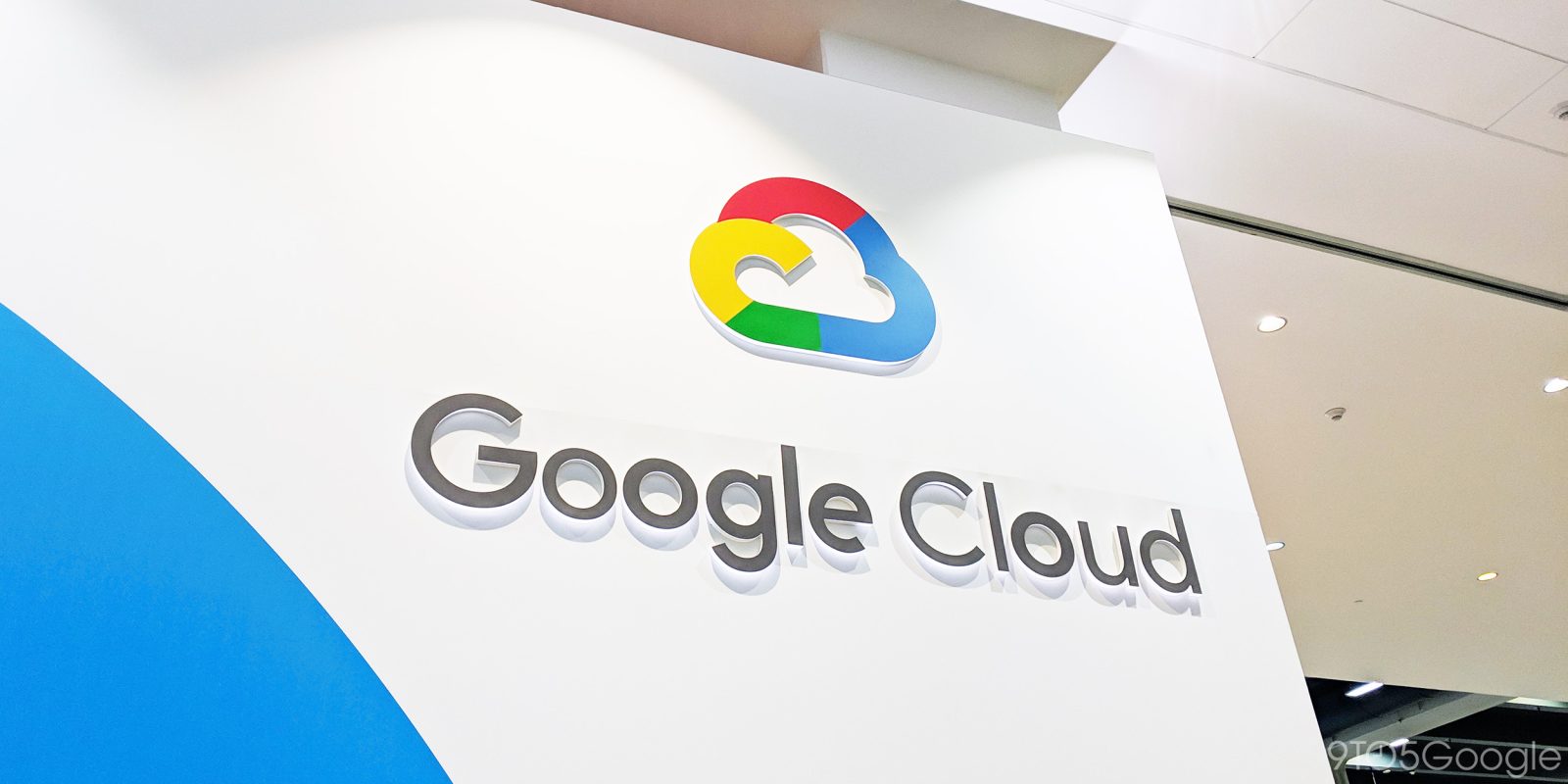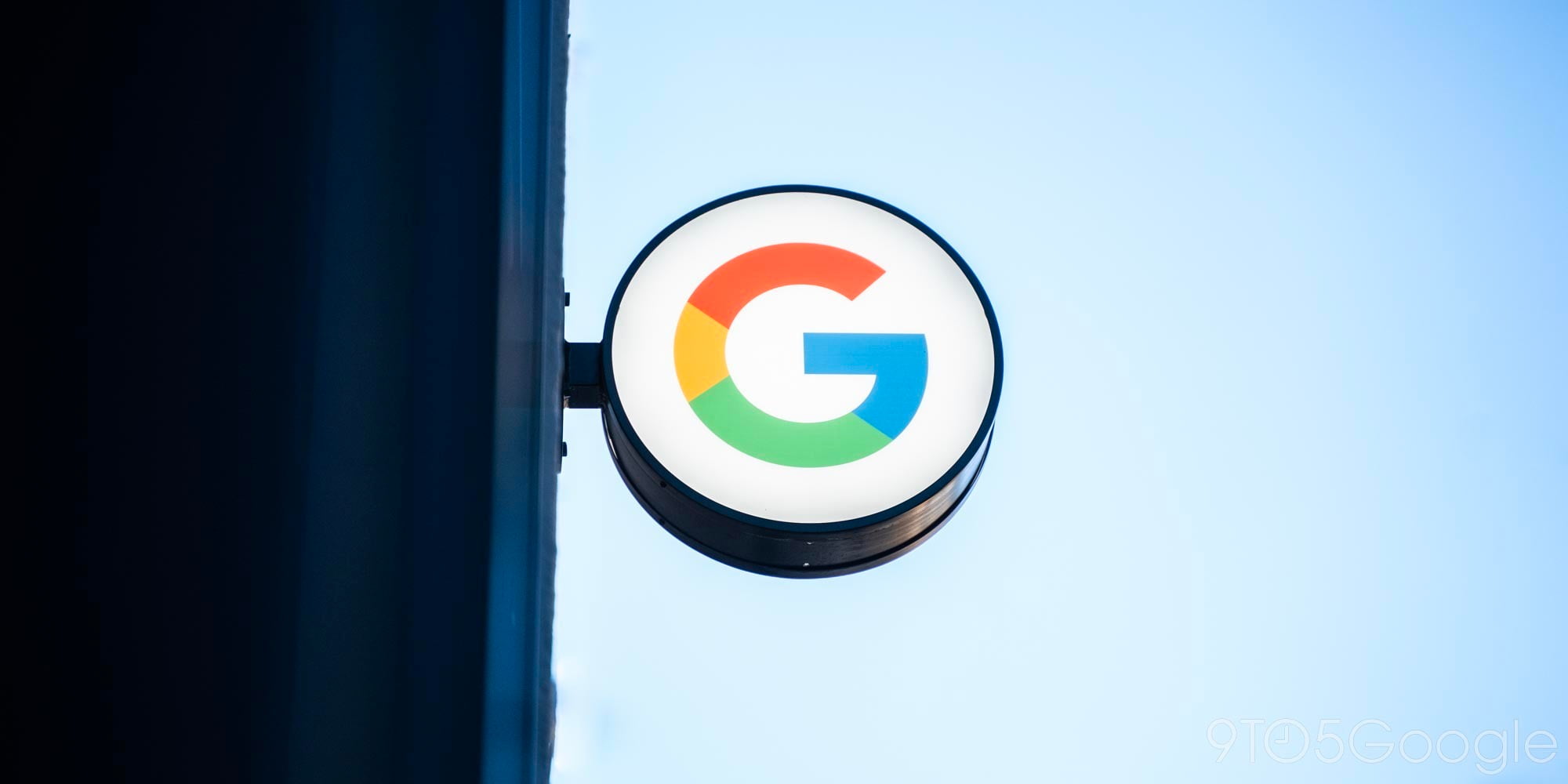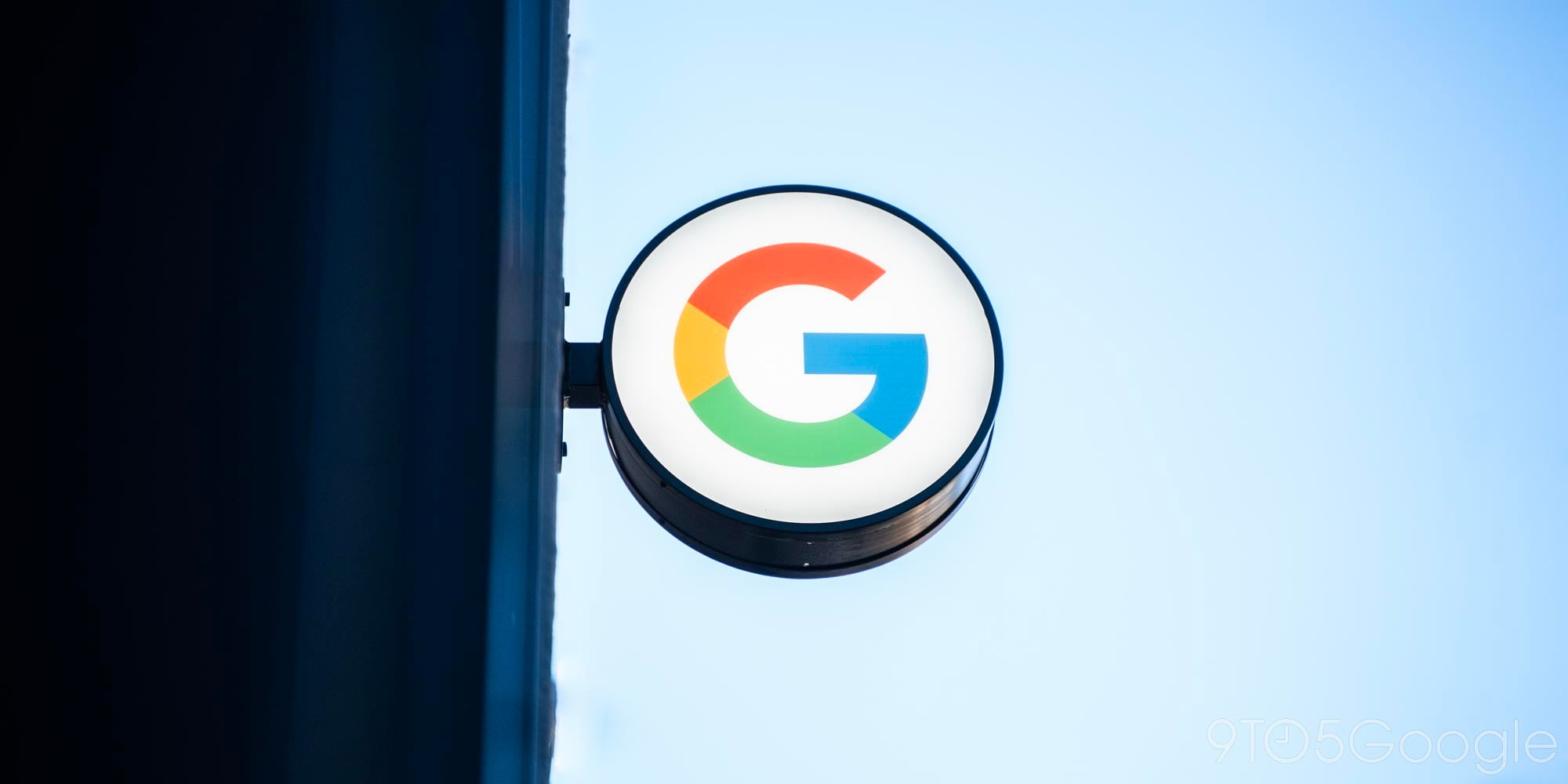Google Cloud


Google today announced a multi-year strategic relationship with a big game developer that spans various parts of the company. Google Cloud will become Activision Blizzard’s preferred provider for game hosting as YouTube becomes the exclusive live eSports streaming partner.

As Google Cloud tries to advance from its distant third position behind Microsoft and Amazon, there are a handful of common complaints about its offering, including ease of use. The division today announced Google Cloud Premium Support to offer an “updated support model that is proactive, unified, centered around the customer.”

Next to I/O, Google’s other important yearly conference is Cloud Next. It has a larger audience by targeting enterprise executives and administrators in addition to developers. Google Cloud Next ’20 will be hosted from April 6-8 with registration now open.

Following reports of “Project Nightingale” coming to light, Google Cloud last night published a blog post detailing its “partnership with Ascension.” One large aspect sees the health provider move data to the cloud, while another sees the two companies working on future technology to improve patient care.

Early last year, X unveiled Chronicle as the moonshot lab’s latest graduate. Joining Alphabet, it was focused on cybersecurity and included VirusTotal. Back in June, it was folded into Google Cloud where it’s now apparently struggling.

Late last year, Google Cloud said that it chose “not to offer general-purpose facial recognition APIs before working through important technology and policy questions.” This was in contrast to services from Microsoft and Amazon that were criticized by privacy activists. The Cloud division today announced a Celebrity Recognition API that is not “general purpose.”

Last year, Google Cloud released its first Titan Security Keys as part of a broader push to increase 2-Step Verification adoption. Ahead of tomorrow’s Made by Google 2019 event, the company is releasing a USB-C Titan Security Key.

Google has three approaches for expanding its global fiber network. Recently, the company has been building private intercontinental cables, but still buys capacity or joins consortiums where the cost is split. One Google-backed undersea cable between Los Angeles and Hong Kong could be blocked by the US under national security concerns.

Google Cloud this year is hosting three Cloud Next conferences around the world. Following San Francisco in April, Tokyo kicked off this week, with the Titan Security Key now available in four more countries.

Google this year announced that it is spending $13 billion on new or expanded offices and data centers in the United States. The latest site is in Nevada, with Google breaking ground today on a new data center and Cloud region.
Expand
Expanding
Close

Google Cloud last year became the first major non-telecom company to build a private intercontinental cable. Its third project is named Equiano and connects western Europe to the west coast of Africa.

HMD Global has just announced that it is working with Google Cloud and CGI to bring all data collection for Nokia devices to its home country of Finland. Apparently, this change is being made for better security of that data, as well as faster and more accurate updates.

In addition to medical advancements from the AI division, Google has a presence in health as a cloud provider. Pharmaceutical giant Sanofi today announced a partnership with Google Cloud to work on “healthcare innovation” and migrate to the Google Cloud Platform.

Google has long been known for their impressive data analytics tools, both for the average web administrator and for Google Cloud customers. Today, Google Cloud is picking up another suite of tools by acquiring a previously-complementary data analytics visualization company, Looker.

On Sunday afternoon, Google’s cloud services suffered notable downtime that lasted for several hours and affected third-party apps. Google today detailed the outage’s cause and what it’s doing to prevent future incidents.

Over the past several years, Google Cloud has rapidly expanded its global infrastructure with new Cloud regions for enterprise customers and undersea fiber cables. The company announced today that the INDIGO undersea cable connecting Australia and Singapore is now live.

Developing for the cloud can be an entirely different experience than developing a local app, but it doesn’t necessarily need to be this way. During the second day of Cloud Next ’19, Google has launched Cloud Code, a plugin for IntelliJ IDEs and Visual Studio Code that will help developers create cloud applications.

One focus for Google Cloud is increasing customer adoption of AI by offering a wide range of machine learning services at all levels. Launched last year, Cloud AutoML is aimed at developers with limited expertise that still want to train and leverage models.

Google Cloud Next ’19 served as new CEO Thomas Kurian’s first public debut since replacing Diane Greene. Besides several developer-focused product announcements this morning during the Day 1 Keynote, the former 20-year Oracle executive announced his plan to expand Google’s enterprise market share.

For the past several years, Google Cloud has hosted an annual developer conference focussed on its growing enterprise business. Cloud Next ’19 kicks off today with Day 1 announcements that are more focussed on developer services and infrastructure.

Last July, Google Voice became a G Suite product to provide telephony services for enterprise customers. Companies can assign numbers to employees that are accessible on Android, iOS, and the web. However, another use is traditional desktop phones, with Google certifying the first units this week.

Beyond Chromebooks for K-12, Google’s products can play a big role in higher education especially as computing moves to the cloud. The company today announced that it’s expanding a deal with the Internet2 consortium of 316 universities to offer Google Cloud Platform “special benefits.”

Last October, Google made Cloud Text-to-Speech with realistic WaveNet voices from DeepMind available to all developers. Updates to Cloud TTS and Speech-to-Text today introduce additional languages, voices, and more affordable pricing models.
Expand
Expanding
Close

To help increase corporate adoption of Android, Google last year launched Android Enterprise Recommended. The program is now certifying Managed Service Providers (MSPs) as Google Cloud’s upcoming Alooma acquisition will help businesses migrate to cloud services.